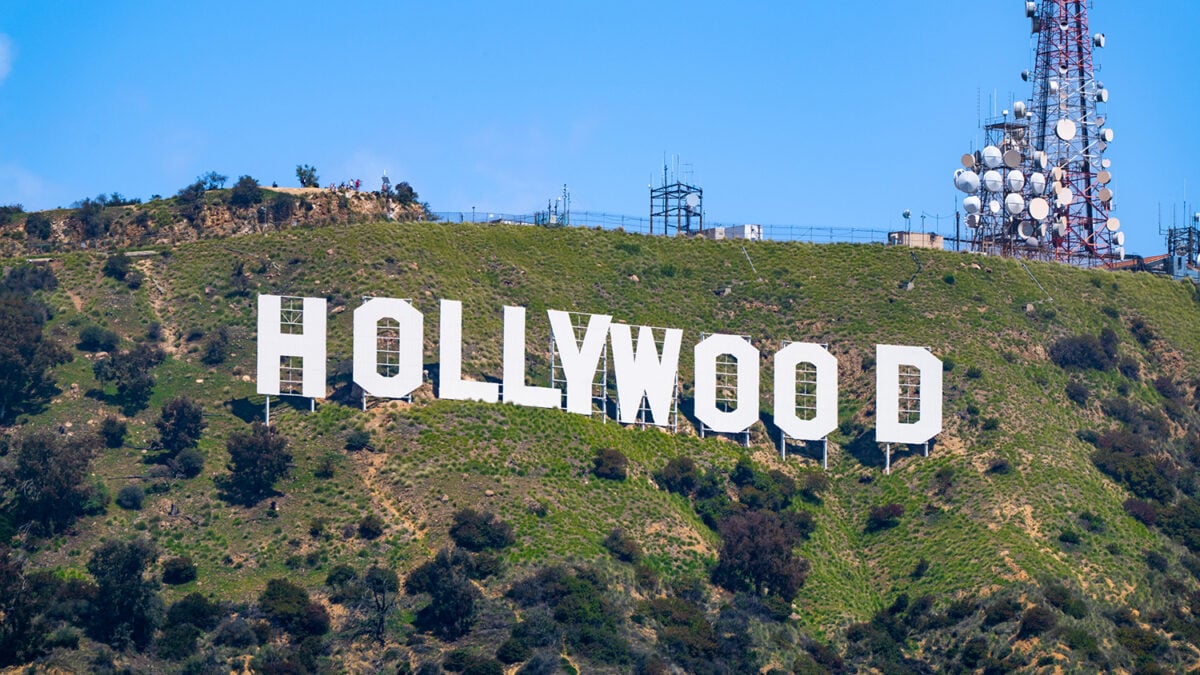Why Film Schools Are Rushing to Teach AI—and Why Some Students Push Back

Across the country, film programs are weighing how far to go with artificial intelligence. At one prominent Chicago university, a new class on “AI screenwriting” sparked an immediate backlash from a 20-year-old film major who felt blindsided by the idea that bots might be invited into the writing room.
The announcement promised a chance to study the fast-changing role of generative AI in crafting for film and TV, positioning the tech as a creative support. Instead of excitement, it triggered anger online as the student urged classmates and faculty to rethink the offering.
“A course like this shouldn’t exist,” the student argued, calling on the program to reconsider and on peers to skip the class.
Inside the classroom, the plan isn’t to let a chatbot write a script and call it a day. Instructor Matthew Quinn says the syllabus mirrors a typical screenwriting workflow—generating loglines, building character bios, developing arcs, and producing a step outline—but with a twist: students test AI tools such as ChatGPT at each stage. The writing then goes into workshops where students discuss process, what helped, what hindered, and what remained distinctly human.
That approach reflects a broader shift at the school. Housed within a College of Computing and Digital Media, the film program has been nudged to explore AI more deeply, including a recent campus symposium on AI’s role in the arts. Administrators have also instituted a disclosure policy: when students use AI in writing, they must say so and explain why and how; individual faculty decide case by case what’s allowed.
They are hardly alone. The University of Southern California has launched an AI for Media and Storytelling studio to probe how these tools intersect with film, media, and journalism. UCLA Extension recently added a course on the creative process in the age of AI. Even the American Film Institute has hosted a short seminar series on storytelling with AI.
At USC, co-director Holly Willis describes 2023—the year many people first encountered ChatGPT—as an inflection point. She is candidly skeptical about the tech’s rollout and the corporate control surrounding the tools, yet also energized by the new narrative forms artists are uncovering.
Willis points to creators like Souki Mansoor, a former documentarian who pivoted into the AI space and has produced striking experiments using text-to-video systems. One short, titled “An AI Dreams of Dogfish,” was built with prompt-based tools and hints at how generative systems might be used as visual sketchpads or to iterate looks at speed.
Not everyone is thrilled by that prospect. Willis says many students arrive wary: if image generation is so easy, why pay for school at all? It takes time, she notes, for them to see that prompts don’t replace taste, story sense, or the thousand creative choices that give a film its voice.
Back in Chicago, Quinn says he hasn’t seen a wave of protests over the AI screenwriting class—just limited interest. Enrollment is so light the course might not even run this term. He emphasizes the workshop isn’t a cheerleading session for automation; it’s a guided tour of what the tools can and can’t do so students can make an informed choice about if or when to use them.
“It would be a disservice not to address AI at all,” he says, adding that he’s personally conflicted and wants students to understand the landscape before they reject or adopt it.
For critics like the outspoken undergrad, though, the very premise feels like a betrayal of the craft. Filmmaking is hard, they argue, and learning to solve problems under constraints is part of the education. Treating generative systems as a shortcut risks skipping the struggle that shapes a filmmaker’s voice.
“If your first instinct is to hand the work to a model, what are you really learning?” the student asks. “Typing a prompt isn’t the same as writing.”
That tension—between pragmatic exposure to new tools and a defense of core creative practice—isn’t going away. As more film schools pilot AI classes, the question isn’t whether to acknowledge generative tools but how: with guardrails like disclosure requirements, workshops that separate brainstorming from authorship, and critical discussion of ethics, copyright, and labor. Programs that teach both the craft and the debate may best prepare graduates for a set where AI exists—but the director’s judgment still calls “action.”
Related search terms: AI in film schools, AI screenwriting course, generative AI in filmmaking, film school curriculum, arts education and AI.



